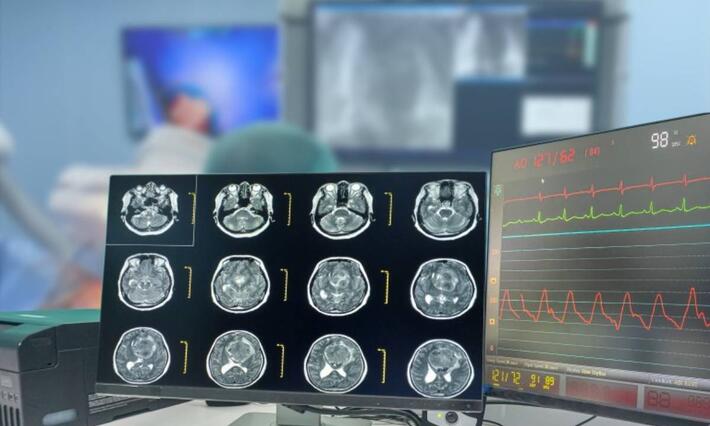Behind every team photo and supportive hug at the annual Angels Among Us 5K and family fun run are stories of personal struggle and hope, love and new friendship. New teams form. Old ones dissolve. And some, persistent and resolute, stay in it for the long-haul.
For a third year, two women, both of whom have endured their own harrowing battles against brain cancer, are again joining forces to help fund a cure.
Jodi Novak and Sally Grant, who became friends through The Preston Robert Tisch Brain Tumor Center, both beat the odds for their own survival and even went on to bear children.





